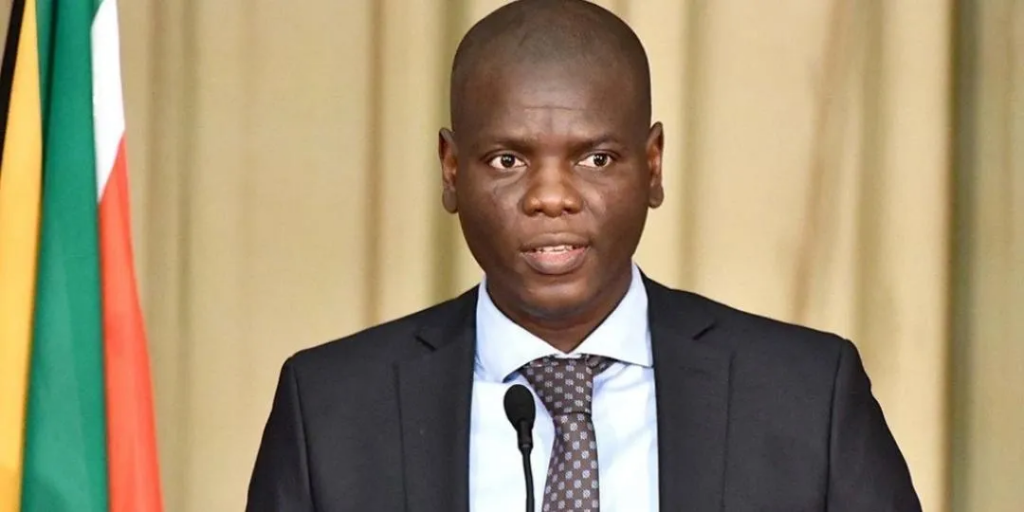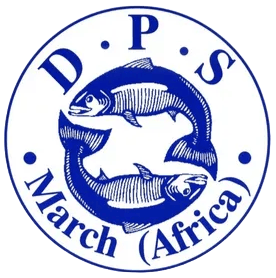
In stark contrast to most of his comrades and colleagues, be it within ANC party structures or as South Africa’s Minister of Justice and Correctional Services, Ronald Lamola’s star keeps rising.
When not pursuing the extradition of the Gupta brothers who fled to Dubai after looting billions from the country’s coffers, he’s on track to stem the rampant theft of crucial infrastructure required to keep the wheels of industry chugging along.
The parastatal has welcomed his latest decision to grant peace-officer status to security personnel working for the state-owned logistics utility.
“As peace officers, Transnet’s security officers will be able to exercise powers in terms of Chapter 2 of the Criminal Procedures Act, thus enabling Transnet’s peace officers to make arrests and assist the National Prosecuting Authority with prosecutions,” Transnet said.
“They will also be able to search premises, facilities and people, complete dockets to ensure suspects are charged correctly, and assist with basic investigations.”
Transnet added that it was expected that this would lead to improved security response and increased law enforcement to protect economically essential infrastructure such as the rail and pipeline network.
Essentially, the sanctioning by Lamola of private security personnel to function as quasi-police officers effectively brings an end of sorts to a decision made by PW Botha a few years before he was ousted in a palace coup by FW de Klerk.
According to The Brenthurst Foundation, it was back in October 1986, with South Africa reeling from an uprising against racist rule, that the Groot Krokodil’s government amalgamated the SA Railway Police into the SAP in a bid to beef up the police force with an additional 16 500 members.
Whatever semblance of state-sanctioned uniformed policing of the country’s rail network remained thereafter was finally dispensed with after Nelson Mandela took over the reins in 1994.
Turn the clock forward and Transnet Freight Rail (TFR) has suffered the financial and functional consequences of years and years of theft of electric cabling and railway track, ripped out and ripped up for the illicit scrap metal market.
According to Transnet, the equivalent of 1500 kilometres of cable has been stolen to date, leading to losses of R4.1 billion in revenue.
The spike in cable theft over the past five years alone had gone up by 1 096%, the utility said.
Transnet Pipelines (TPL) too has been dealt punishing blows by tampering with its infrastructure, mainly because of the rise in fuel theft driven by skyrocketing market prices of petrochemicals.
Earlier this year, an environmental disaster ensued when a pump station near Verkykerskop was broken open, causing thousands of litres of fuel to flow into the Muel River, an important feeder tributary of the Vaal Dam, Gauteng’s main potable water resource.
Transnet said although TPL “has seen a reduction in the number of incidents in the past financial year due to security interventions implemented, there has been a spike in the last few months, largely due to the increase in the price of the product”.
The parastatal said about 30 million litres had been lost over the last three years, resulting in financial losses of R1.1bn.
Maybe Lamola should be given the country’s transport portfolio.
With real intent to do something about South Africa’s ports, just imagine what it could mean for exports.
Mind you, what if Fikile Mbalula is given Lamola’s job? Perish the thought.
Source: https://www.freightnews.co.za/article/railway-police-green-light-lauded



